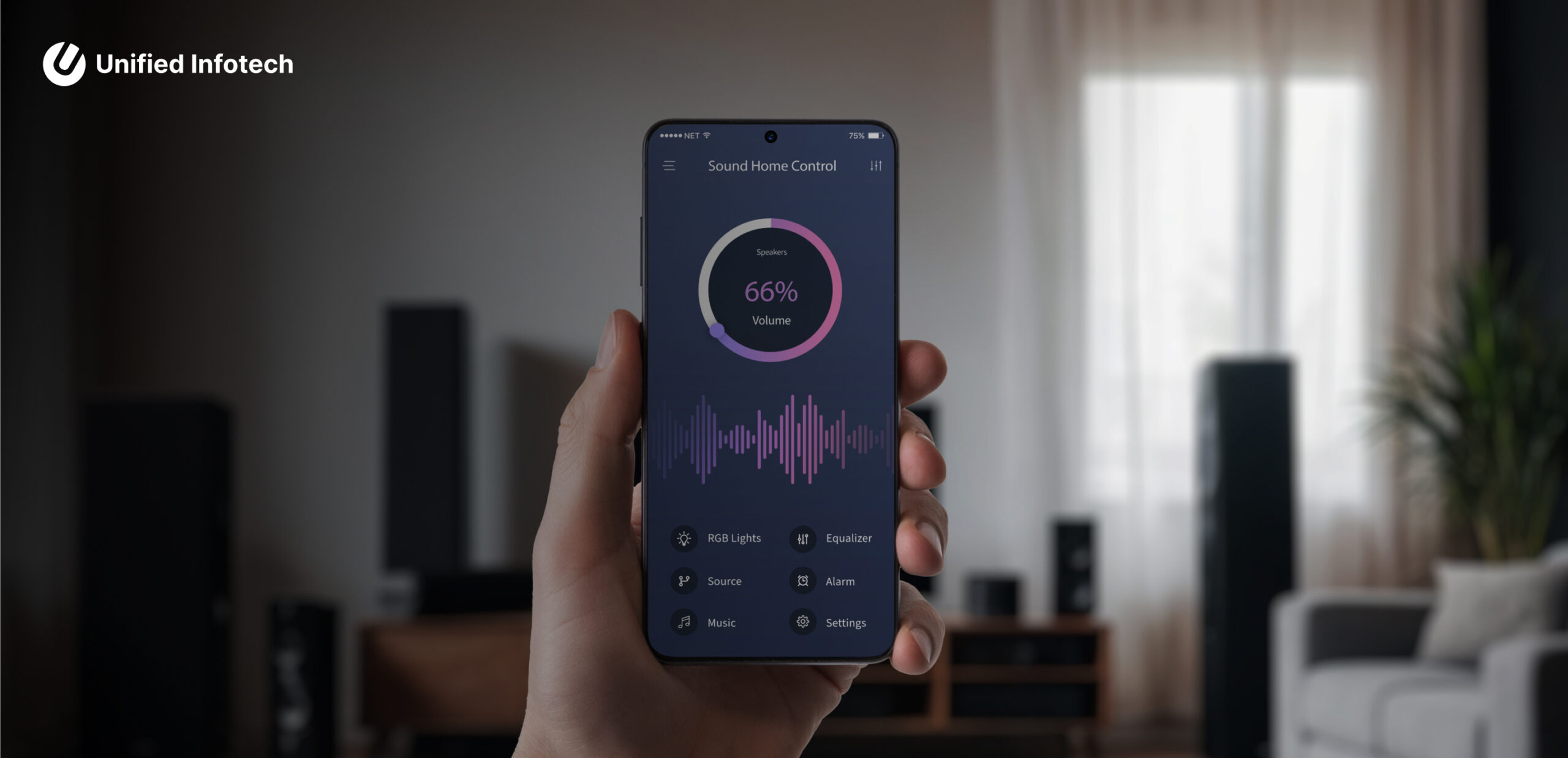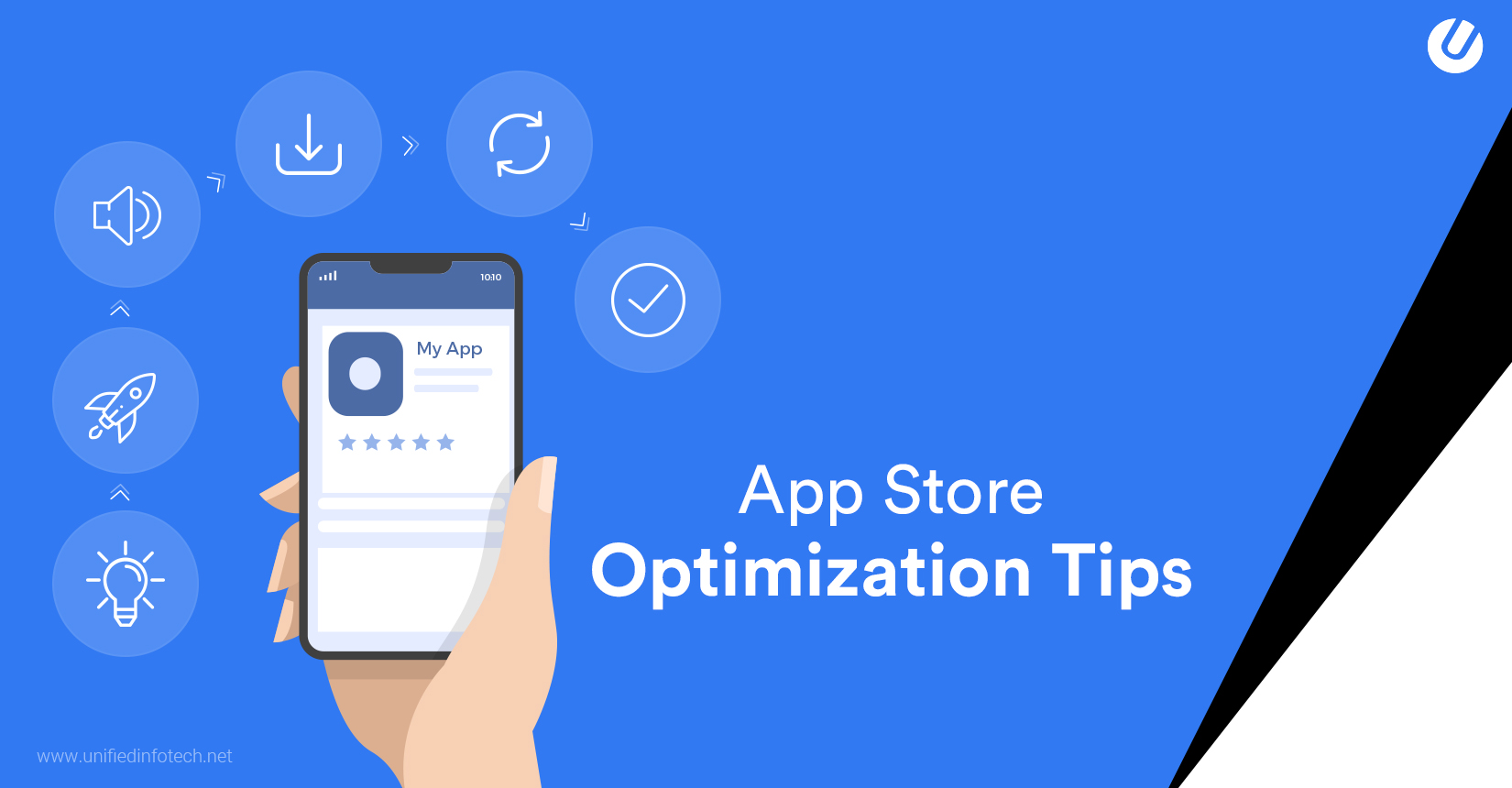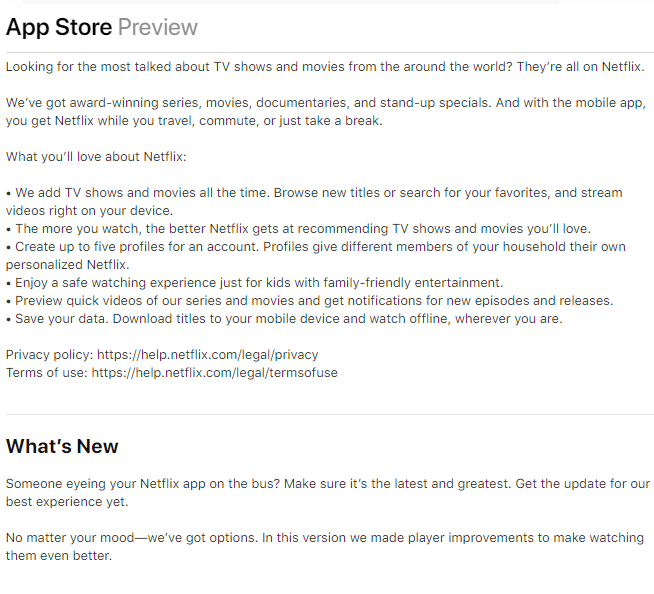
Site Search
App Store Optimization – How to Rank Your App Higher

Table of contents

Let's talk
Reach out, we'd love to hear from you!
Don’t you always wish to get the app that you make on the top of App Store rankings, eh?
You must have thought on how to rank your app in Google Play. Well, guess what, a smartly planned ASO can help you achieve it. How?
ASO or App Store Optimization enables users to find your product in the app store. To rank it higher, you have to strategize a good ASO [App Store Optimization] process and keep track of the latest updates in the market.
You need to constantly iterate the process and bring variations in your strategy based on the ever-changing market scenario. As a result, you’ll be able to maintain a fair ranking throughout.
The term ASO might sound a bit technical and often tend to intimidate people who’re new to the concept. But there’s nothing to worry about. The process is simple, yet systematic. It depends on how you implement it rather than the complexity of the process itself. So let’s get started.
So What is ASO?
In short, App Store Optimization is defined as the process of increasing a product’s ranking on a mobile app store [Google Play/Apple App Store].
It starts with a user searching with a certain keyphrase.
Well, if you dig a bit of history on ASO or how it all started, you will find interesting information. Back in 2009, “app store optimization”- this term was first introduced by Johannes Borchardt, in his presentation. Soon, this term became immensely popular in the industry. TechCrunch and Search Engine Watch – these two globally renowned web news platforms started using this term too by 2012.
The app store engine identifies the keywords and displays related apps. It is here you need to rank your product, so that it appears within the first 5 to 7 displayed apps, thus increasing the likelihood of getting noticed. A good ASO fetches more users, thus creating more conversions. Similar to SEO, it depends on proper keywords.
Yes, you heard that right. As mentioned earlier, the concept is the same, only the platform has changed. ASO is nothing but SEO of app store search engine you can say.
What Are The Top Benefits Of Implementing ASO?
Why spend time on something that doesn’t help in creating value, right?
Obviously, you’d like to know the advantages of using an ASO. There is a general consensus that app store optimization is the most effective of all marketing strategies, given the increasing digitization of advertisement and promotional processes. And ASO helps in effective utilization of this opportunity.
Here are two of the many impactful results you get when you implement a good ASO.
1. It Helps Your Application Get Found
Despite all the hard work, people often end up miserable when their products fail to show up in the top results page. Until your application is found by the optimum number of users, all your hard work, features, etc are useless. No downloads, no customer base, no revenue; hence a total waste of time, money and energy. ASO can help you avoid this situation and get maximum results.
2. Assists In Organic Downloads
What does a user do when he/she first comes across a cool app? You’re right, they download it. This is known as Organic Download. It means that the developers don’t persuade you to install their product, rather you get interested in their features and download it yourself. A good ASO assists you in creating more and more organic downloads. Plus doing this saves a lot of money since you no longer have to focus on ads, and yet have a steady growth in the consumer base.
As you can see, the statistics clearly indicate the exponential increment in the number of downloads as a result of ASO implementation.
What Are The Important ASO factors?
Broadly speaking, there are two important factors that determine ASO success rate:
On-Metadata Factors
These are the elements you can control as a developer. Things like logo, keywords, descriptions, demo videos, etc fall under this category.
Off-Metadata Factors
These are the elements that you cannot control but can influence indirectly. Parameters like search volume, download volume, conversion rate, user volume, etc fall under this category.
12 App Store Optimization Best Practices – To Make Your App ‘Found’
Understanding the market is very crucial when it comes to launching a product. You need to identify the market trends, peers, opportunities and growth. This will help you in determining the keywords that we’ll be discussing shortly. You can learn how different countries respond to similar apps and how you can address the existing problems.
Now that you have a fair idea on what ASO is and how to strategize, let’s dive into the app store optimization guide checklist on some technical know-how and how you as a budding entrepreneur can utilize them in your favor.
1. Identifying Your Niche
This is perhaps the most important step one has to take before getting on board with the development process. Your target audience can’t be everyone. Launching a product for the general audience has almost always proven to be futile.
the following figure depicts the most popular Apple App Store categories in May 2019:

Every product is meant for its corresponding niche. All the more reason why you should identify your niche is that it helps you to develop the features in accordance with your niche’s demand. Thus, it makes it more specialized. This narrowing down of the process also helps you to generate unique features, so that your product stands out in the market.
2. Decide On The Title
It is the very first thing that a user sees when he/she comes across an app. The first impact a title has on the user psyche determines whether they’ll click on it and read the entire description.
A mere name has the power to steer a user’s action. Often it has the customers install the app altogether. So while deciding on the title, make sure it’s unique and appealing, but at the same time easy to read.
You can also insert the keywords within your title (in fact it’s recommended you do, it increases the findability many times; we’ll be mentioning that in the keyword section section as well).
3. Research Your App Store Keywords
Android and iOS app store keywords volume form the very crux of the app store optimization process. It is very similar to SEO. Better keywords, (apple app store keywords/google play store keywords) ensure better ranking- that should be the core mantra of keyword research. When going for the research, consider the following:
- App Features
- Variations In Your Feature Descriptions
- Apps Sharing Similar Titles
- The Category It Falls Into
- Keywords That Fall Under The Same Category
- Google Play Store App Keywords
Plus including keywords in your app title will deliver better results. A study shows that there is a 10% boost in the conversion rate when keywords are included in the app title.

There are products who went from ranking somewhere on the third page to the topmost position on the first page of Google.
All due to altering the keyword inclusion in the title. However, app store keyword optimization is an ongoing process, and entrepreneurs have to constantly update their keywords to maintain their ranking. It’s similar to SEO, where you have to modify the algorithms to meet a degree of the app store promotion.
You can use the Google Keyword Planner for deciding on better keywords. They provide ways of keyword structuring in great details
This ever changing nature of keywords is a great opportunity since you’re getting the liberty to improve the existing keywords, hence creating better results for organic search.
4. Describe Your Product Well
A good description is essential in informing users about the features and functionalities of the app. Without it, there won’t be any clarity on what you’re trying to convey.

As you must know that keyword stuffing is outdated and highly discouraged by search engines. So as an entrepreneur, you have to devise ways in which you can naturally adjust the keywords without disrupting the text flow or grammatical alignment. Plus the app store algorithm highly depends on good content. Hence it is always advised to emphasize on app descriptions.
Build separate sections for features, functionalities, values, product purpose, etc. Use proper headings and subheadings with bullet points to increase the readability, so that the reader remains hooked till the end and gains a fair amount of clarity on what you’re trying to convey.
Insert Subtitles If Necessary
Suppose your target keyword is too long to be included in the title. You can create a separate section as the subtitle and insert them. It would act as a short description placed just prior to the main description part. Subtitles help in developing the keywords as part of the description itself.
Design The Right Icon
Visuals always play an important role when it comes to marketing a product. And digital marketing has made it all the more essential. A good app icon should be the visual art that lures a user on a subconscious level.
While an icon can never be the direct factor behind conversions, it, however, has a long-lasting impact on the user mind that eventually leads to a brand’s success. Users tend to develop a subconscious affinity towards an icon without realizing it.
Plus whatever message your product is trying to convey is portrayed visually by your icon. So it should be as impactful as possible. But keep in mind not to make it too stuffy. Make it look natural, informative and visually appealing.
To ensure your logo is liked by the users, launch four to five variations in your MVP. Test and iterate the process until your logo gets substantial likings.
Pick The Right Category
Suppose you’ve built a food delivery app and want the best ranking for it in the app store. But what category would you put it in? Surely you can’t include it in the payment app section. Doing that would only confuse the app seeker. Plus apps slipping into the wrong category heavily impact their findability, hence their ASO. So make sure the category is carefully thought out.
Insert Screenshots
Whenever you explore a product on the playstore, you’ll always find some screenshots used alongside the descriptions. It helps in picturizing the entire app description, hence the product idea. 5 to 7 screenshots usually suffice, although you can always increase the number.

But make sure not to overcrowd the section with too many flashy screenshots. The screenshots should be informative and elegant. The inside of the app, the user interface should be clearly reflected in the screenshots. As visual elements, they play a crucial role in creating downloads.
The screenshots should be zoomable and haze free. Remember, visual clarity is a must when it comes to any form of digital marketing.
Don’t Forget The Demo Videos
Be honest when we ask you “What’s your favourite information platform; video or description?” There’s no denying that a large chunk of internet users [probably the majority] prefers video descriptions over anything else.
Experiments show that human brain responds better to motion texts or videos. Even GIFs are preferred over traditional descriptions. So, it is always suggested that you insert some good eye-catching videos describing your product features so that the visitors have clarity and become interested to install your app. Because more installations increase your ASO ranking.
Localize Your Product
Launching a product in English only is a foolish move. If you think that people search for products only in English, then you’re gravely mistaken. There’s a large Hispanic population that never search in English. Or take for example the Arab countries, the chinese, the Koreans, etc. They all search in their mother tongue.
So if you want to achieve a global app store recognition, it has to be on your customers’ terms. You need to launch your product in all possible major languages of the world.
Reports have it, that an app’s market share increases tenfold, when it’s launched on a multilingual platform. You too, should address this as an opportunity.
Give Them A Platform For Feedbacks
You know how apps really become preferred among the user base? How does it increase the probability of getting downloaded? User reviews! You heard that right. It’s always user reviews.
Consider yourself going to the app store, looking for an app with some desired features. You find innumerable apps displaying the same set of features, all promising quality service.
Whatever the image or goodwill, you always look for the reviews first. Your eye automatically falls on the ratings when you browse through the app list. Good reviews attract users. They gain a level of trust and put their faith in the one with positive feedback. A good ASO ia a direct outcome of user reviews. Better rating guarantees higher app store ranking. Simple. So make sure your app has more of it.
Once the user downloads and has considerable experience with your app for like a month or two, subtly ask them for quick feedback. Don’t push it hard, just ask for it once a week. Remember to insert a remove option, should the user want to eliminate the feedback pop up forever. This flexibility you have to maintain. While ratings are important, but you can never force someone to do it. It will only result in customer loss.
Iterate The Process
The cycle of iteration is very important not only in case of MVPs, but also here in ASO process. After all, you’re following the same iteration path: Launch, Analyze, Optimize and Test. And then repeat the same process over and over till you reach perfection in the eyes of your users.
Every time you iterate, you’ll find that you missed out on some points. So you work on them and test them in the market. This cycle of evaluation and execution is very helpful for improving the ASO ranking.
So What’s Next?
There are two important things you should definitely do after completing the aforementioned procedures:
ASO Performance Analytics
Now that you’re done with the development and app store deployment part, you need to track the performance. Everyone wants his/her product to perform at an optimum level. So if you don’t track it, you’ll never know how well it’s performing or what’s wrong with the product.
For that, you need a good app store optimization software. Analyzing every data by yourself is a tedious task and often results in complexity and exhaustion. But fortunately, there are some pretty good ASO analytics tools that can assist you in accomplishing it.
App Annie and SplitMetrics are two of the most popular analytics tools in the market. Using any one of them will give you detailed analyses of all performing aspects of your product. This is really helpful in determining the ASO success rate, given the already intense competition in the app store.
Constant App Updation
Updating an app on a regular interval is healthy for both you and your users. Updates not only help in correcting glitches, bugs and certain other flaws, but also offer brand new features, and updates on the existing features.
Updates help in improving the UI/UX of the app. It reduces the monotony that plagues the users when an app remains un-updated for too long. The user also feels addressed and taken care of. So it is very important that you conduct updates on a fixed interval.
However, it is suggested that you ask for permission and not go for automatic updates. There are some users who prefer the older version of their app. Since you have no way of determining who prefers what, you should always give a pop up regarding the available updates, so that the user gets the freedom to decide on it.
Final Thoughts
If you’ve read this far, congrats! You’ve understood the basics of ASO. Niche analysis, Keywords, descriptions, icon, etc everything you’ve gone through will help in increasing the ASO ranking. But remember, always keep updating yourself with the latest keywords and keep track of what users searching.

The core phrases and words they use are of extreme importance because you as an entrepreneur will have to increases the findability as much as possible. Because as mentioned earlier: better findability leads to a higher chance of getting downloaded. And higher downloads increase ASO rankings.


